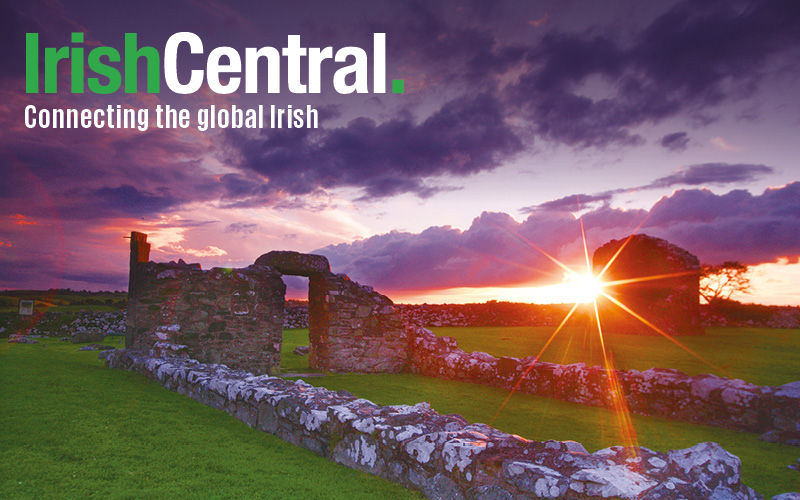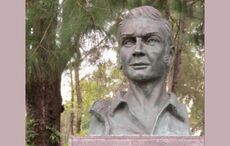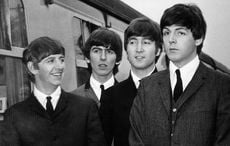| The late Father Andrew Greeley |
The only thing harder than imagining a world without Father Andrew Greeley is traveling back in time - say, to around 1954 - and imagining a character such as Andrew Greeley.
That was the year Greeley became a priest. Last week, just one year short of his 60th anniversary in the priesthood, Greeley died at the age of 85.
If a novelist had invented a character such as Greeley it would seem downright preposterous.
Greeley was born into a large Irish American family living outside of Chicago in 1928, just in time for the Great Depression. He went on to become a priest. No big stretch there so far.
Greeley, however, would go on to become a writer and respected sociologist who made some bold claims about the nature of American Catholics and their church.
Oh, and he also wrote detective and romance novels. Many with steamy sex scenes. (The National Catholic Register once proclaimed that Greeley had "the dirtiest mind ever ordained.” Which, by the way, turns out to be sadly untrue. But that’s a separate story.)
When Greeley wasn’t spinning sex yarns, he was scolding church officials in language both colorful and blunt.
"Honesty compels me to say that I believe the present leadership in the church to be morally, intellectually and religiously bankrupt,” Greeley said.
And this was not in 2013, with all of the tarnish taken off of the church in the wake of the sex scandals. This was in the mid-1970s, after Greeley completed a study of the American priesthood and reported that there was a high level of discontent among priests.
The bishops who commissioned the study did not seem interested in such findings. So Greeley unloaded with both barrels.
One of Greeley’s obvious strengths was that he understood the church, its leaders and even its members were more than capable of absorbing such criticism. Greeley had faith that the word of Christ would endure, even if certain members of the church acted terribly.
Pointing that out, Greeley knew, would strengthen rather than weaken the church.
True, Greeley said things that some of the most ardent anti-Catholics might have muttered. But Greeley knew as well as anyone the ferocity of opposition Catholics faced in the 19th and 20th centuries. One of his earlier books, 1972’s The Most Distressful Nation: The Taming of the American Irish, outlined the hard path to assimilation.
Greeley himself believed anti-Catholicism played a role when the University of Chicago denied him tenure, even though he’d already published over 10 books.
Of course, those who suggested that Greeley’s combative style might have played a role in his tenure denial were not necessarily wrong.
What can’t be denied is that Greeley changed what we think about Irish Americans, American Catholics and -- perhaps most importantly -- priests.
Greeley’s book Irish Americans: The Rise to Money and Power upended many stereotypes established by America’s WASP elite regarding Irish Catholics. Greeley’s argued that the Irish, thanks in large part to their connections to the Catholic Church, had become America’s most prosperous and educated ethnic group.
Numerous books and articles by Greeley -- way back in the 1960s and 1970s -- outlined what he saw as the widening gulf between Catholic Church officials and the people standing and kneeling in the pews.
Perhaps Greeley was most prescient on the sex abuse scandals.
As Peter Steinfels wrote in The New York Times, “Father Greeley had been an early and vehement advocate for victims of abusive priests at least since 1989, when he began writing articles in Chicago newspapers demanding that the church take action against pedophile priests.”
He was also an early donor to Survivors Network of Those Abused by Priests (SNAP).
In the end, whether the topic was sex or saints, Greeley was a storyteller. And he liked to point out that Jesus had so many followers because he, too, was a compelling storyteller.
“I suppose I have an Irish weakness for words gone wild,” Greeley once said.
The American Catholic Church has lost an iconoclast and a prophet.




Comments